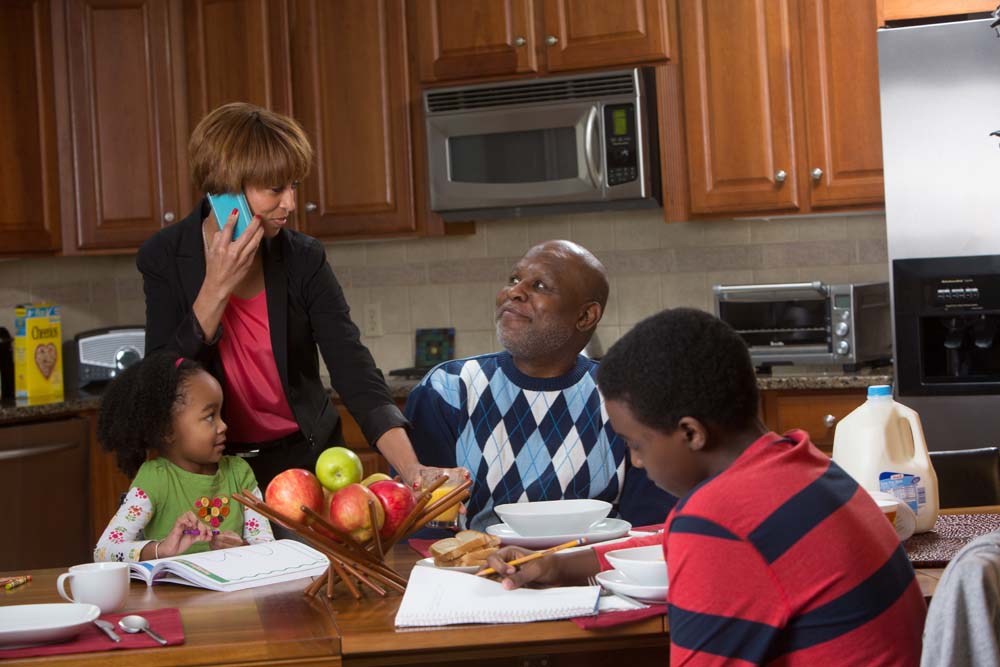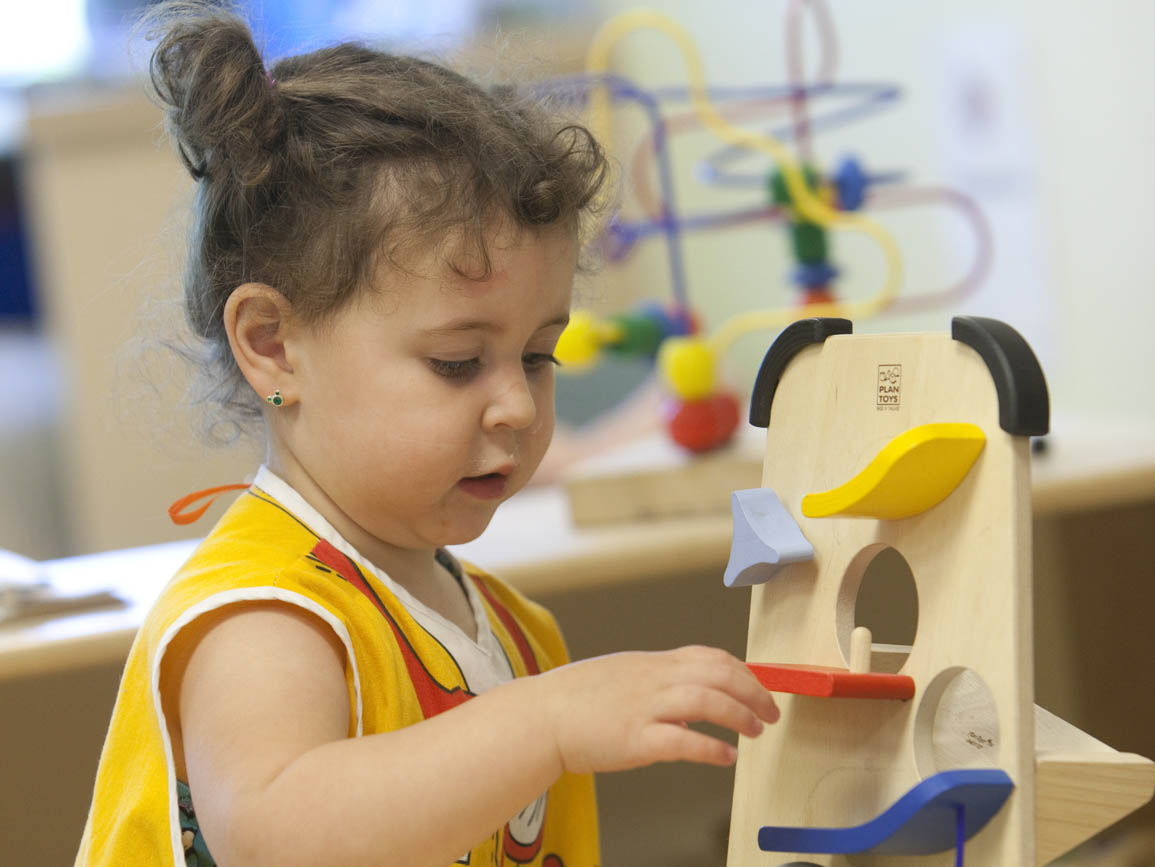When aspiring educators are in teacher-education programs, they learn a lot about the importance of building strong relationships with families. Clearly this is a key responsibility of teachers.
But what is our responsibility as parents in communicating with our child's child care and preschool teacher? Is there a particular role we should be playing? Are there parameters? We know that when parents are involved in their child's education, the child tends to be more successful.
This parent-teacher relationship can be a challenge because you often have a year at best for it to grow and develop. Just when it feels like you have the relationship right where you want it, it's time for your child to move on from their caregiver or teacher, which can lead to anxiety for them and a new teacher relationship for you.
When choosing child care, it is not all about location but rather all about relationships, relationships, relationships. Parent-child, teacher-child, child-child, and parent-teacher relationships are all key to your child's early learning. We know that within relationships, we need time to build trust, confidence in each other and a safe space to be honest. We want a relationship with our child's early education teacher with give and take, where we can both feel free to ask questions and give information.
Tips for Communicating with Your Child's Early Education Teacher
- Find out best time and way of contacting your child's teacher. Often the primary times that we interact with our child's teacher are at drop-off and pick-up, which can be the more stressful, hurried times of the day. Ask when the best time to talk to your child's teacher is or if alternate modes of communication are preferred, such as phone or email. He/she can often suggest better times or ways to communicate.
- Attend family events. We know that having children under six can be one of the busiest times in our parenting lives. There is always more to do than we have time for. That said, attempt to attend as many parent events as you can and when you can't, no need to feel guilty. When there are two parents in your family, consider alternating who attends, or send a grandparent or aunt. When you can't, maybe you can visit another day and bring some breakfast items to share.
- Seek alternate ways to engage with your child's teacher. If your schedule doesn't allow you to do drop-off or pick-up and/or you travel a lot, there are other ways to build relationships. Many centers use journals that they pass back and forth between home and the center and both teachers and parents write details of their child's days and development and pose questions. This is a great way to stay in touch. If your child care center or preschool does not utilize journals, suggest adopting the practice.
- Ask your child's teacher questions. You are the one who gets up in the middle of the night with him, takes care of him when sick, and does the mundane and not so mundane tasks. Being confident in your parenting means that you also are confident enough to ask questions of your child's teacher who also knows your child, cares about him and can add to your knowledge and understanding of how he learns best.
- Take advantage of parent-teacher conferences. Even if you feel like you and the teacher have talked enough, still schedule a conference. There is always more to learn and the conference strengthens your relationship with the teacher as well as informing you about your child.
- Don't wait until something escalates to talk about it. If you have a concern, let the teacher know as soon as possible. For example, your child tells you another child is hitting her repeatedly when they are outside. Don't wait until the next incident, but bring it to the teacher's attention now and talk through strategies.
- Give thanks! Early education teachers are skilled professionals and deserve our respect and thanks. Saying "thank you" can go a long way. Take time when you can to learn about your child's teachers, both in their teaching roles and as people while keeping professional boundaries.
Like any relationship, the parent-teacher relationship takes time and practice to nurture and grow. Consider this as one of the most important relationships in your child's life and give the relationship the attention it deserves.
More on Communicating With Your Child's Teachers
- For parents of school-age children, here are tips for successful parent-teacher conferences and building relationships.
- Get advice about who to call or contact when communicating with your child's school.
- Read how one busy working mom navigated the parent-teacher relationship to help address her toddler's behavior issues.
- Tips for helping children cope when a caregiver or teacher leaves.
- Read Family Room blog posts about parent-teacher partnerships, including lots of ideas for giving thanks!





